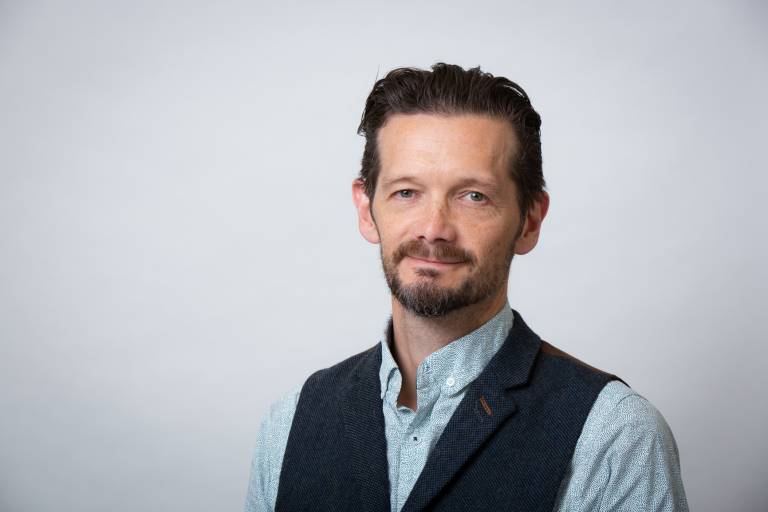Paul Burgess publishes 'The boundaries of legal personhood'
28 September 2018
The article aims to identify the way in which various forms of legal personhood can be differentiated from one another with regard to spontaneous intelligence.

Paul Burgess, Senior Teaching Fellow in Public Law & Human Rights Law at UCL Laws, has recently published an article entitled 'The boundaries of legal personhood: how spontaneous intelligence can problematise differences between humans, artificial intelligence, companies and animals'.
The article, co-authored by Jiahong Chen, was published in Artificial Intelligence and Law and is available to download now.
The paper aims to identify the way in which various forms of legal personhood can be differentiated from one another by comparing these entities with a hypothetical situation in which intelligence spontaneously evolves (i.e. without human design) within the internet: spontaneous intelligence (“SI”). By exploring the attribution of legal personality to various entities—including, humans, corporations, artificial intelligence (“AI”) and higher forms of animal life— the article differentiates SI whilst illustrating it shares most characteristics with human intelligence and not, as may intuitively be thought, with various forms of AI.
After critically evaluating the classification of these forms of intelligence, the article outlines some ramifications and suggests that the approach adopted may assist in drawing more effective boundaries between the entities that are already recognised as legal persons, as well as between sub-categories of entities, such as various forms of AI.
For more details, visit the publication page for 'The boundaries of legal personhood'.
 Close
Close

